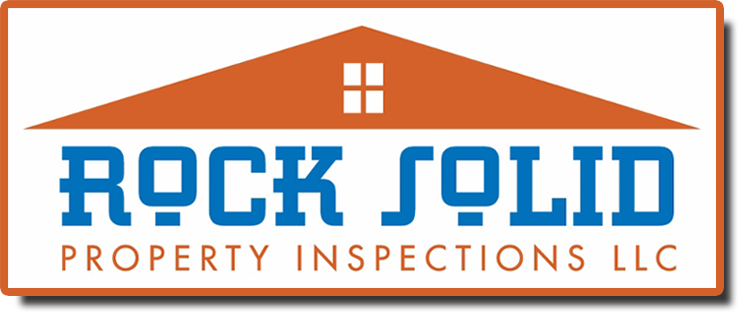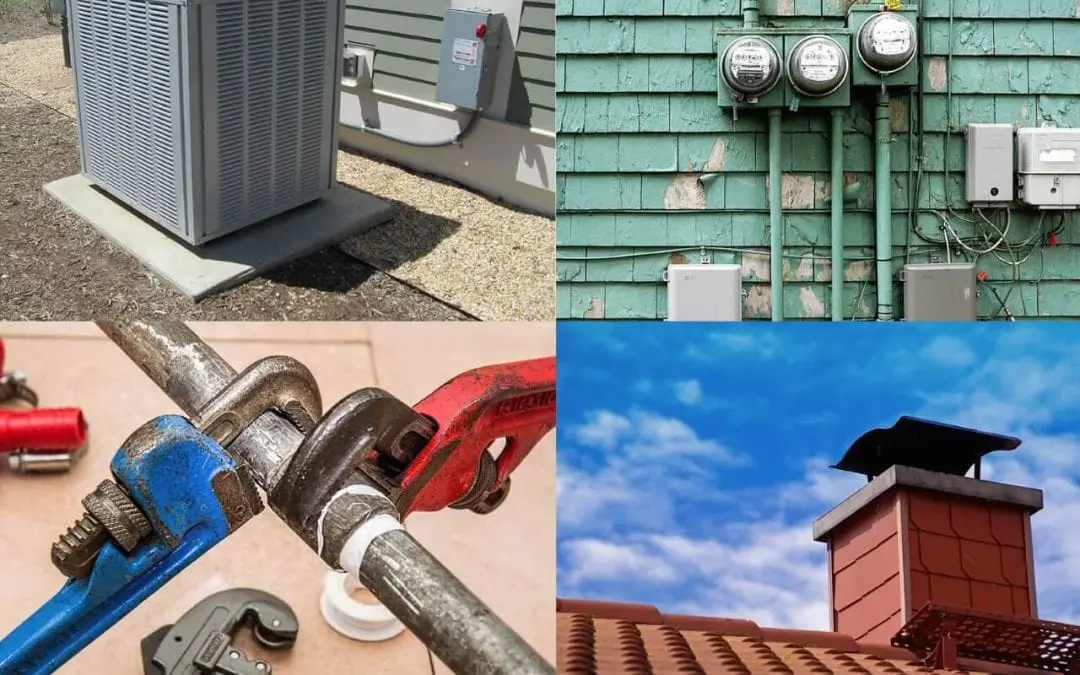When you are purchasing a home, it’s important to order a home inspection so you get a thorough report on the condition of the property. Depending on your location and the age of the home, your homeowners insurance company may require a 4-point home inspection before they will issue a policy.
A 4-point inspection only focuses on four main components of the home. This type of inspection covers the roof, plumbing, HVAC system, and electrical system of your house.
Why do I need a 4-Point Inspection?
Many homeowners insurance companies request the information provided in a 4-point inspection to verify the house meets their standards. An insurance company wants to minimize the risk of payout for roof replacements, electrical malfunctions, heating and cooling problems, and major plumbing issues. By having these components inspected before the purchase is final, the insurance company is verifying the property is at low-risk for these types of claims.
Most often a 4-point inspection is required on homes that are older than 25 years. After the inspection, the inspector may recommend updates or replacements if any systems are in poor condition.
Roofing
As part of the inspection, the condition of the roof will be assessed. The inspector will note the materials, the condition, and the estimated age of the roofing. Typically, insurance companies will not cover an asphalt shingle roof if it is older than 20 years and metal or tile roofs that are older than 40 years.
If a roof has sustained substantial damage or there are signs of leaks into the home, the insurance company may still deny coverage. The inspector will examine the roof’s integrity and attempt to determine the life expectancy of the roofing materials.
Plumbing System
The inspector will examine plumbing and seals to verify there are no leaks. They will check the condition of the pipes and note the type of plumbing materials as a part of the inspection.
Pipes made from polybutylene are sometimes denied because they are susceptible to bursting. Some insurance companies may still offer coverage but exclude water damage, which makes you responsible for any expenses related to plumbing failure.
HVAC
Inspectors will check the heating, ventilation, and air conditioning of the home, noting the condition and age of the system. Generally, inspectors examine the air filter and blower components and inspect the area where the equipment is located. An examination of the heat pump and back up heating source is also common.
Checking the Electrical System During a 4-Point Home Inspection
An inspector will examine the wires, panels, and circuits throughout the home. Faulty and damaged wires can cause house fires. The inspector will check that the home meets codes for fire safety. This includes verifying light bulb wattage, the condition of wall outlets, and testing GFCI outlets. The inspector will list electrical problems and concerns and may outline any necessary repairs and recommend updates to the electrical system in their report.
A 4-point inspection will minimize your risk of damages occurring from a system in your home. A good inspection report offers the homeowners insurance company confidence that they are insuring a home with a low risk of problems or safety concerns.
Rock Solid Property Inspections offers inspections, including 4-point inspections, to customers in the Dallas-Fort Worth area. Contact us to schedule our services.

